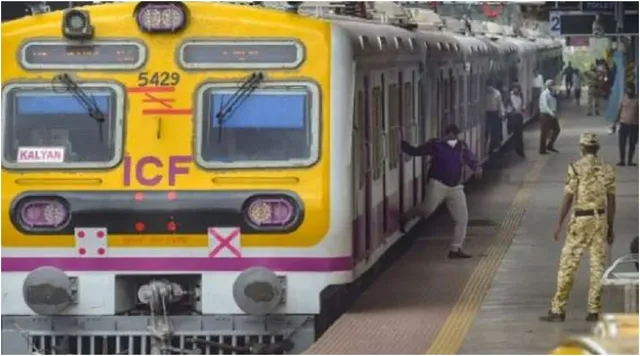- By Shubham Bajpai
- Sat, 02 Aug 2025 07:30 PM (IST)
- Source:JND
Mumbai Local News: In a major relief for the Mumbaikars who regularly travel in Mumbai Local trains, the Indian Railways is gearing up to introduce a WhatsApp ticketing facility.
The move aims to provide instant and quick access to book tickets while reducing the woes of long queues at the suburban stations. The step is guided by WhatsApp's integration into the common people's lives.
Once open, the WhatsApp ticketing would prove to be a game-changer for local train commuters. Speed, cashless transactions are some of the key features of the initiative, and is in line with the Digital India initiative.
The consideration is in the early phase at present and once the technicalities and security aspects are vetted, the tender process will be initiated.
As per a report by Pune Pulse, only 25 per cent of the commuters of suburban services opt for digital ticketing methods. Linking it with WhatsApp and a smartphone will boost it further.
ALSO READ: Mumbai Local Trains to Get AC Metro-Like Coaches Soon, No Fare Hike: CM Fadnavis
It is worth mentioning that the facility of WhatsApp ticketing is already available in the Mumbai Metro. In Mumbai Metro, the initiative has seen a remarkable response from the travellers as 67 per cent of the commuters book their tickets via WhatsApp. Indian Railways has taken inspiration from it.
Process of ticket booking?
The process for booking a ticket through WhatsApp is simple. The commuters need to scan a QR code at the stations, which will open a WhatsApp chat.
There, a passenger will have to send Hi. Upon this, a menu will open, and the tickets can be booked with digital payments. The system is also hassle-free as one of its key features is that no separate application is needed.
However, there are also some risks as there have been some instances when the current UTS (Unreserved Ticketing System) QR-based model was misused. And therefore, the Indian Railways is taking extra measures to come up with a more robust security architecture before implementing the service in the Mumbai locals.

